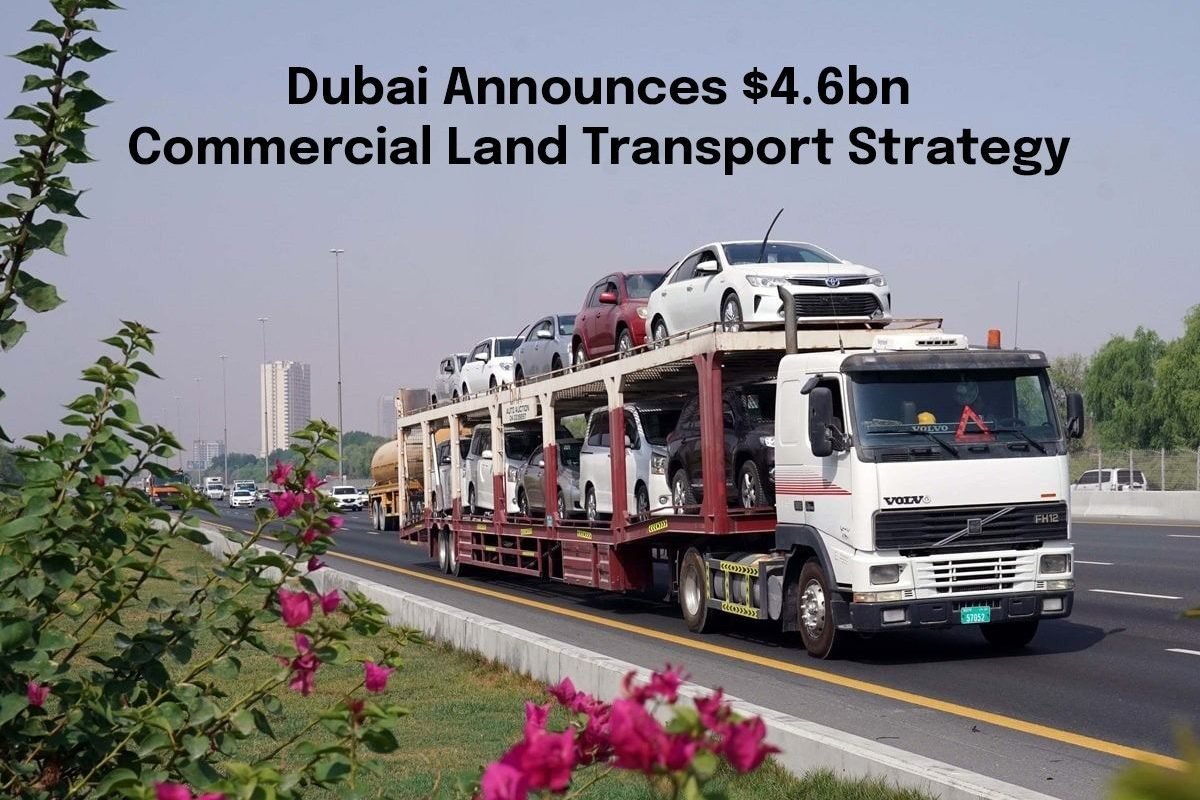His Excellency Mattar Al Tayer, Director General and Chairman of the Board of Executive Directors of the Roads and Transport Authority (RTA), recently announced the Dubai Commercial and Logistics Land Transport Strategy 2030. Approved by the Dubai Executive Council and chaired by His Highness Sheikh Hamdan bin Mohammed bin Rashid Al Maktoum, this plan aims to revolutionize Dubai’s logistics and transport sector.

Ambitious Goals for 2030
The strategy sets forth ambitious targets to enhance Dubai’s logistics capabilities and economic contributions:
- Economic Contribution: Double the sector’s direct economic impact to AED 16.8 billion.
- Technology Adoption: Increase technology integration within infrastructure by 75%.
- Carbon Emission Reduction: Cut carbon emissions by 30%.
- Operational Efficiency: Boost efficiency by 10%.
According to Al Tayer, these objectives align with the vision of His Highness Sheikh Mohammed bin Rashid Al Maktoum to position Dubai as a top three global economic city and support the Dubai Economic Agenda (D33).
Focus Areas and Strategic Initiatives
The strategy emphasizes several key areas:
- Regulation and Governance: Strengthen the regulatory framework for commercial transport.
- Development and Innovation: Identify and capitalize on opportunities within the land transport and logistics sector.
- Investment and Partnerships: Foster private sector collaboration to drive sector growth.
Sector Growth and Current Landscape
Dubai’s commercial transport sector has seen remarkable growth, driven by the surge in e-commerce and its strategic role as a regional logistics hub. With 351,000 registered commercial vehicles and 9,699 companies, the sector’s compound annual growth rate over the past five years is 34%. In 2021, it contributed AED 8.5 billion to Dubai’s economy and accounted for 3% of the emirate’s GDP in 2022, supporting approximately 242,000 jobs.
17 Key Projects
The strategy outlines 17 projects aimed at enhancing the sector’s competitiveness and efficiency:
- Digital Platforms: Develop platforms for value-added permits, heavy freight services, and driver behavior monitoring.
- Technological Advancements: Implement tachographs for heavy trucks, autonomous vehicles, and advanced towing trucks.
- Sector Collaboration: Establish the Commercial Transport and Logistics Forum and the National Committee for Small Vehicles.
Conclusion
Dubai’s Commercial and Logistics Land Transport Strategy 2030 represents a bold step towards a more efficient, technologically advanced, and environmentally sustainable logistics sector. This approach not only aims to bolster Dubai’s economic standing but also sets a global benchmark for innovation and sustainability in transportation.
